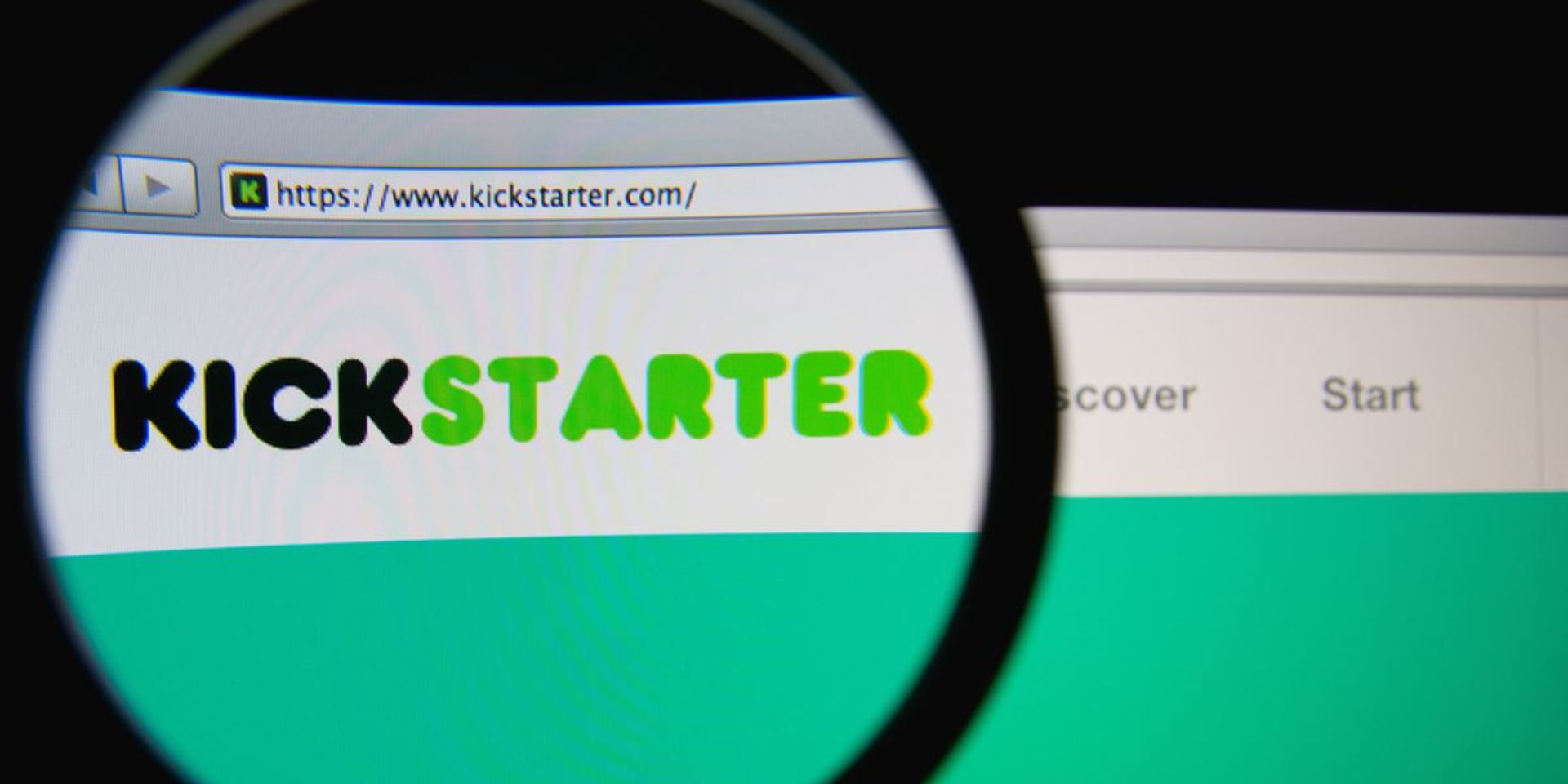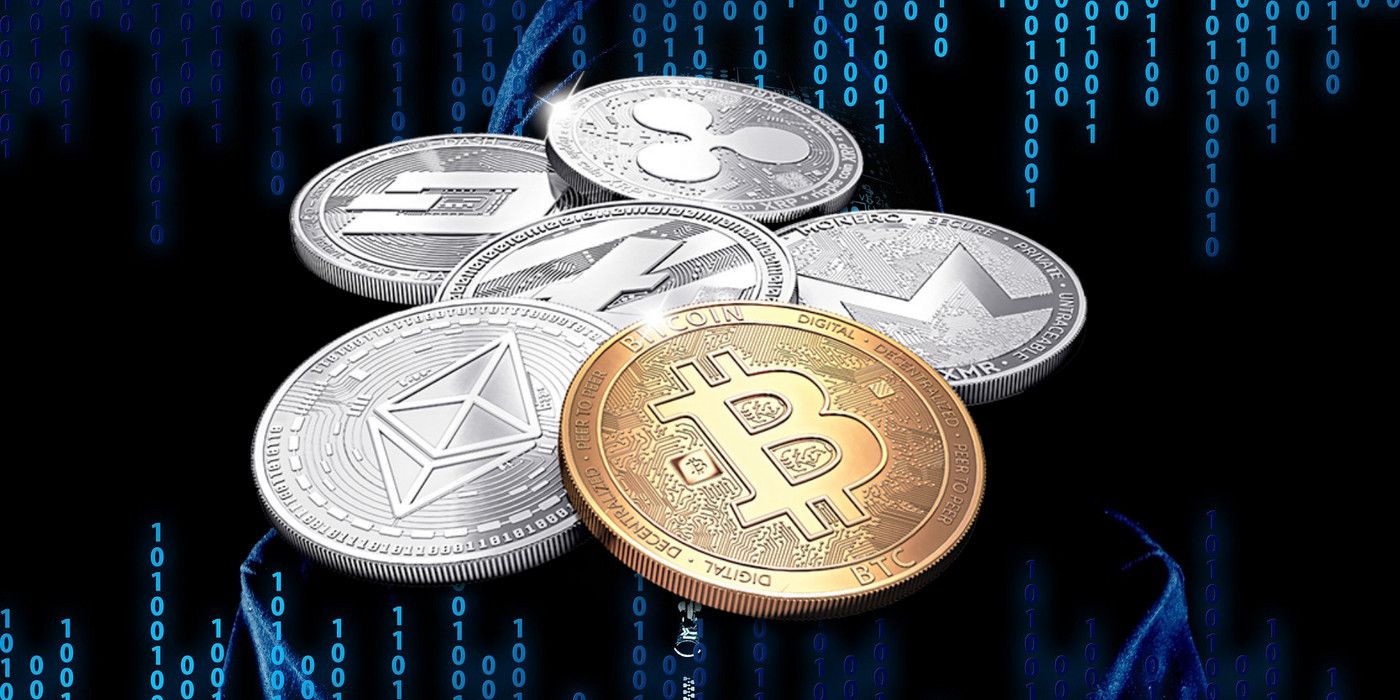The crowdfunding website Kickstarter recently announced development work on a new "de-centralized crowdfunding protocol" build around blockchain technology. This new software model has drawn criticism from several tabletop game developers who rely on Kickstarter and fear this shift will harm their ability to fund and promote their games; specifically, they worry Kickstarter's use of blockchain technology will be environmentally harmful and render both fundraisers and contributors vulnerable to Cryptocurrency and NFT-based scams.
Kickstarter, founded in 2009, was one of the first "crowdfunding websites," letting entrepreneurs and creative minds promote their nascent projects and fund them using contributions from fans and other interested parties. Over the years, sites such as "GoFundMe," "Indiegogo," "Patreon," and "Fig" have carved out their own niche in the crowdfunding market, but Kickstarter is still the premiere crowdfunding website - particularly among creators of indie video games and tabletop games. With an eye toward the future of the crowdfunding business, Kickstarter company has promoted its implementation of blockchain technology as a way to make its crowdfunding protocols more decentralized, more transparent, and openly source-able for other nascent crowdfunding websites.
"Blockchains," simply put, are discrete collections of data (many of them are backup copies of each other) with each individual "block" protected by heavy encryption that makes them nearly impossible to modify or hack without access to the proper "key," "token," or "hash." Unlike the central servers of, for instance, Massive Multiplayer Online games, blockchains can be distributed across multiple computer servers in different parts of the world and modified without the arbitration of a central administrator, making them a powerful security measure for NFTs and digital currencies such as BitCoin.
Game Developers On Kickstarter Worry Blockchain Technology Will Harm The Environment
Kickstarter, by implementing blockchains in its crowdfunding protocols, hopes to use this decentralized, secure, and cutting-edge technology to improve the security of monetary transactions between crowd-funders and contributors. However, developers of video games, tabletop board games, and tabletop RPGs who rely on Kickstarter to get their games off the ground are worried about the implementation of blockchains (particularly small-scale indie game developers with relatively small fanbases).
Maintaining and updating blockchains, a process where "blockchain miners" run special software on dedicated computers to authenticate every new data transaction, can consume a lot of energy depending on the encryption process used, generating an alarming amount of air pollution under certain circumstances. Kickstarter's future crowdfunding protocols will be based on public blockchain technology designed by Celo, a foundation that claims to have created "carbon-negative" blockchains by using a less energy-intensive "proof of stake" authentication process and investments in "carbon offset" initiatives to reduce air pollution. Even so, there are video game and tabletop game development groups with strong environmentalist principles who feel like they're being forced to choose between getting their game projects funded or doing harm to the environment.
Kickstarter Game Devs Worry About Cryptocurrency & NFT Scams
Blockchains are the bed-rock of both Cryptocurrency and NFTs, unique encrypted packets of data frequently used to give individuals ownership rights over photos, audio files, videos, and other works of digital art. Although Kickstarter hasn't mentioned any plans to use Cryptocurrency or NFTs on a large scale, creators of video games, tabletop games, and works of art still worry a Kickstarter built around blockchain will make it harder for small-scale crowd-funders to promote their projects while making contributors extra vulnerable to digital scams.



